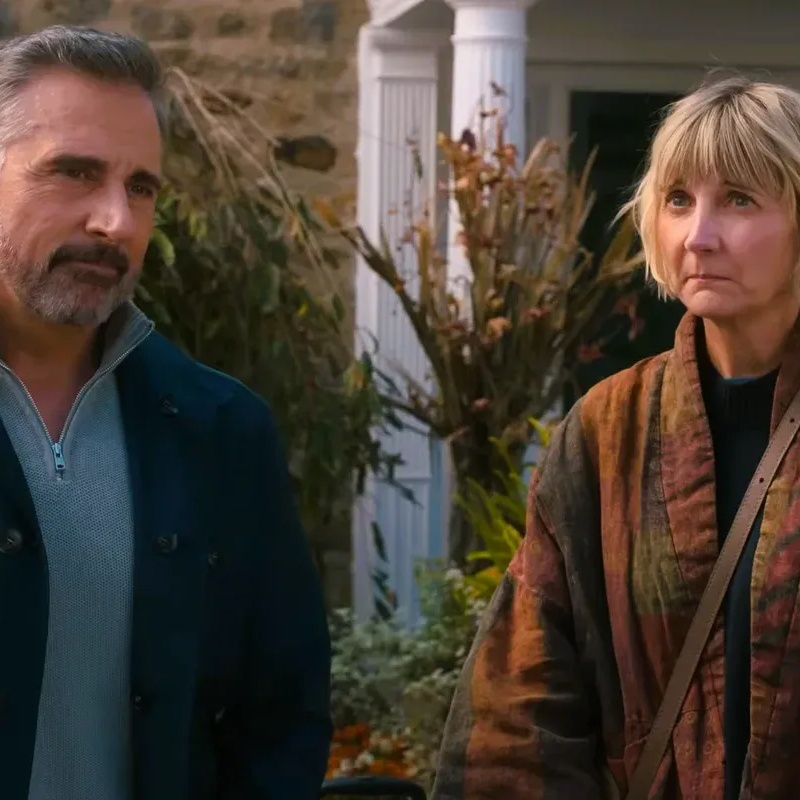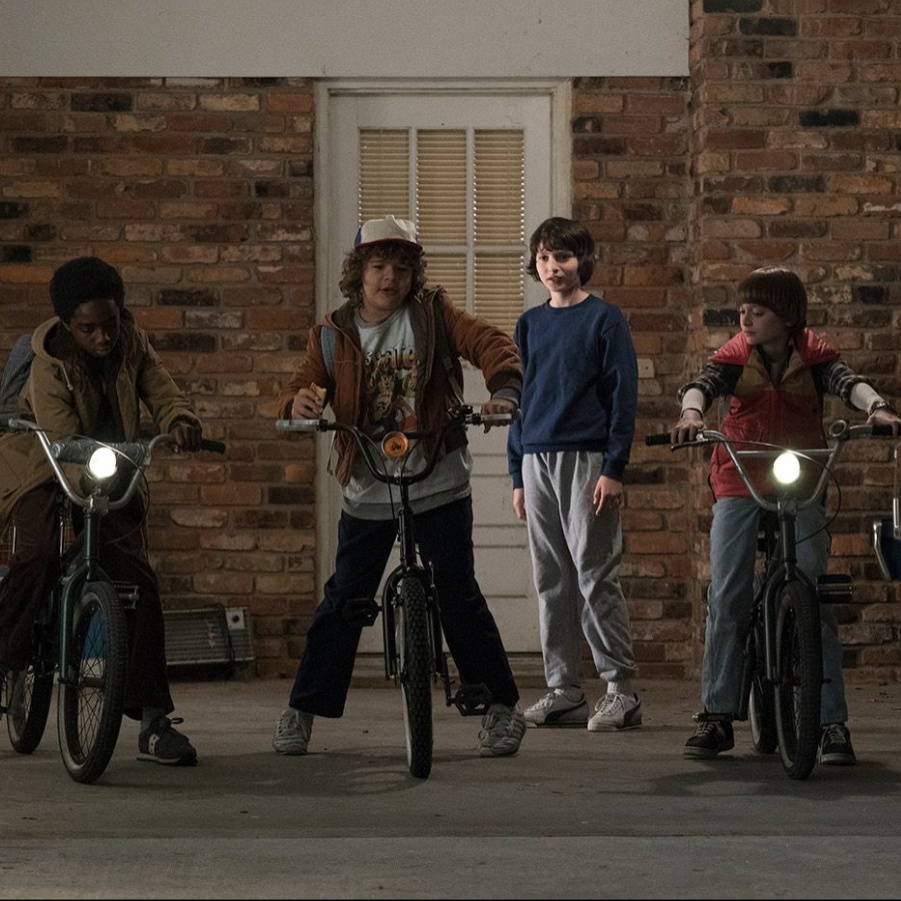Most of us are familiar with the pain of the endless pit that is our email inbox—an ever growing wasteland of unanswered texts, the resting place of an avalanche of sales updates and push notifications from Substack accounts you love to follow. But Dr Laurie Santos, she is not one of us.
You’d expect an email interview request with her to fetch you, at best, a polite auto-response or a publicist’s practised reply but most definitely a long wait. Instead, her reply lands in my inbox in under 12 hours—warm, thoughtful, and direct.
This from a woman who, aside from being a cognitive scientist by training, teaches the most popular class in Yale’s history, Psychology and the Good Life, hosts a hit podcast called The Happiness Lab, and regularly speaks to packed auditoriums about how to live a better life.
The speed of Santos’s response might prompt you to assume that her response was hurried or boilerplate. But let me tell you, it was generous in the way that makes you wonder whether she’s quietly mastered something the rest of us are still flailing toward.
She has, and she calls it Time Affluence.
The stacked work schedule. The multitasking commute. Inbox zero as a life goal. For those who are known for their propensity to overextend themselves to the point of exhaustion, it might seem as if society (or your boss, in particular) largely reward the tendency to overwork. But wait a second: the culture of treating our lives as performance metrics—where every hour is maximised, monetised, and tracked—is exactly what Santos’s work challenges.
“Being chronically busy can absolutely get in the way of happiness,” she shares over email. “Hustle culture convinces us that productivity equals worth, but psychological studies show that constant busyness leads to stress, burnout, and a lack of presence. Having too much on your plate can also lead to feelings of time famine—feeling starved for time,” she says quoting the work of professor Ashley Whillans at Harvard Business School.
Being chronically busy can absolutely get in the way of happiness. Hustle culture convinces us that productivity equals worth, but psychological studies show that constant busyness leads to stress, burnout, and a lack of presence.”
If you’ve ever identified as a Rory Gilmore or Monica Geller—scheduled to the hilt and constantly fretting that you could be doing more—then you might want to sit down for this. According to Santos—who admits to falling prey to “never-ending to-do lists” herself—this kind of chronic hustle “can hurt our well-being almost as much as being unemployed”.
Given our collective fixation on hyper-productivity and constant moans of being “too busy”, it’s beyond ironic that most adults are now spending over seven hours a day on their phones. So, if you’re feeling stressed, overcommitted, and vaguely zombie-d out by doomscrolling, congratulations—you’re living exactly the way modern society (and your algorithm) want you to live.
While some people respond with extreme solutions—buying dumb phones, deleting social media and disappearing into digital detoxes—Santos offers something more doable: a reframe. “Research shows that passive scrolling and comparison can hurt our well-being,” she says. “But using platforms to authentically connect, express ourselves, and build a community can actually support happiness.”
To scroll better, not less, Santos relies on a handy acronym developed by journalist Catherine Pierce to help guide her mindful approach to scrolling: WWW, which stands for “What for? Why now? What else?” She says, “Before opening TikTok or Instagram, ask: What for? Are you looking to connect or just killing time? Why now? Are you bored, anxious, or avoiding something? What else? Could something else—like calling a friend or taking a walk—better meet that need? Using these questions helps shift social media from a mindless habit to a mindful tool that could potentially even support well-being.”
The good news is that things may already be shifting. There is anecdotal data to suggest that since 2018, when Santos first launched her course, the cultural needle has shifted closer towards prioritising balance over hyper-optimisation. “I’ve found that people are more open to rethinking our old definitions of productivity and success,” says Santos, who has noticed an uptick in people now interested in cultivating healthy mental health habits. And while the generation wars may signal a chasm between young and old, Santos’s research shows that the things that make us happy remain constant across the age spectrum.
So, what are the things that make us happy? Raise your hand if you thought the answer was a promotion, an overpriced scented candle bought on an impulse, or a weekend getaway booked optimistically between morning meetings. “I gently point to the data,” says Santos in response, “Research shows that beyond a certain level, getting more money simply doesn’t lead to significant improvements in our well-being. And that means we’d be much better off focusing on changes that will really improve our happiness.”
Research shows that beyond a certain level, getting more money simply doesn’t lead to significant improvements in our well-being. And that means we’d be much better off focusing on changes that will really improve our happiness.”
Wellness is increasingly marketed as something that can be bought, hacked and hustled for, which is probably why your algorithm wants you to be equal parts Saxon and Piper Ratliff—always one protein smoothie or wellness retreat away from achieving happiness. But the Happiness professor explains we are all just suffering from a case of miswanting. “It means we are really bad at predicting what will make us happy. We think a raise, a new job, or a fancy new purchase will bring lasting joy—but research tells us those things often don’t have the impact we expect,” she says.
Contrary to the current wave of self-help culture that aims to position wellness as a commodity, Santos’s approach confirms that you can’t buy happiness: “Capitalism often sells us the idea that happiness comes from external things,” she says. “But in reality, many of the habits that move the needle on well-being—like nurturing relationships, prioritising sleep, having the courage to take stuff off your plate and practising gratitude—cost little or nothing at all.”
So, no, happiness isn’t something you can add to cart, it isn’t your next raise or something you can earn by out-working everyone else. Instead, it is something quieter and gentler, forged in the patience of looking inward and cultivating deep habits that ground your life in mindfulness. “True happiness comes not from doing more,” says Santos, “but from doing more of what matters.” Sometimes it means giving yourself “free, open time blocks to find your balance” and other times that means replying to emails from intrepid writers—quickly, kindly, with intention—in under 12 hours.







